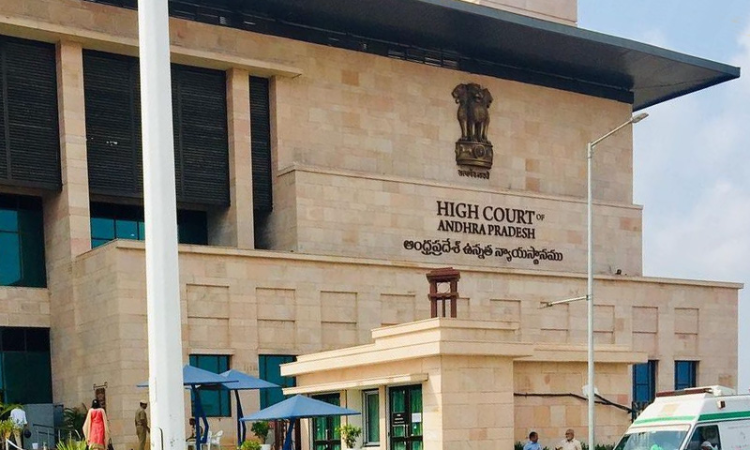The Andhra Pradesh High Court has held that there is no sanction of law to compare a disputed signature in the photostat copy with the original signature as there is the scope of mechanical error or defective photocopying. Justice M. Satyanarayana Murthy noted,"Therefore, such comparison is impermissible under law, as there is every possibility of change of signatures due to passage of time...

